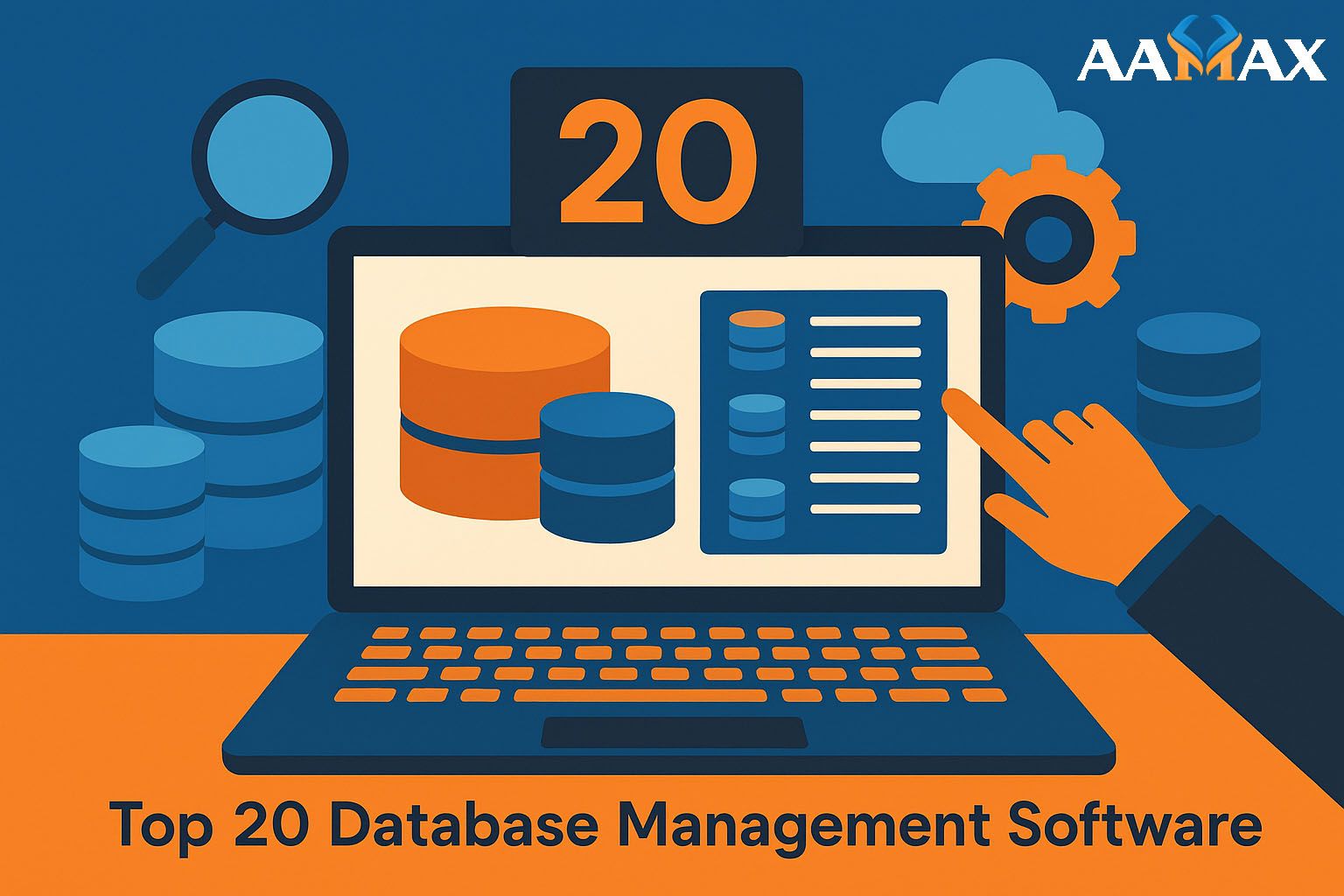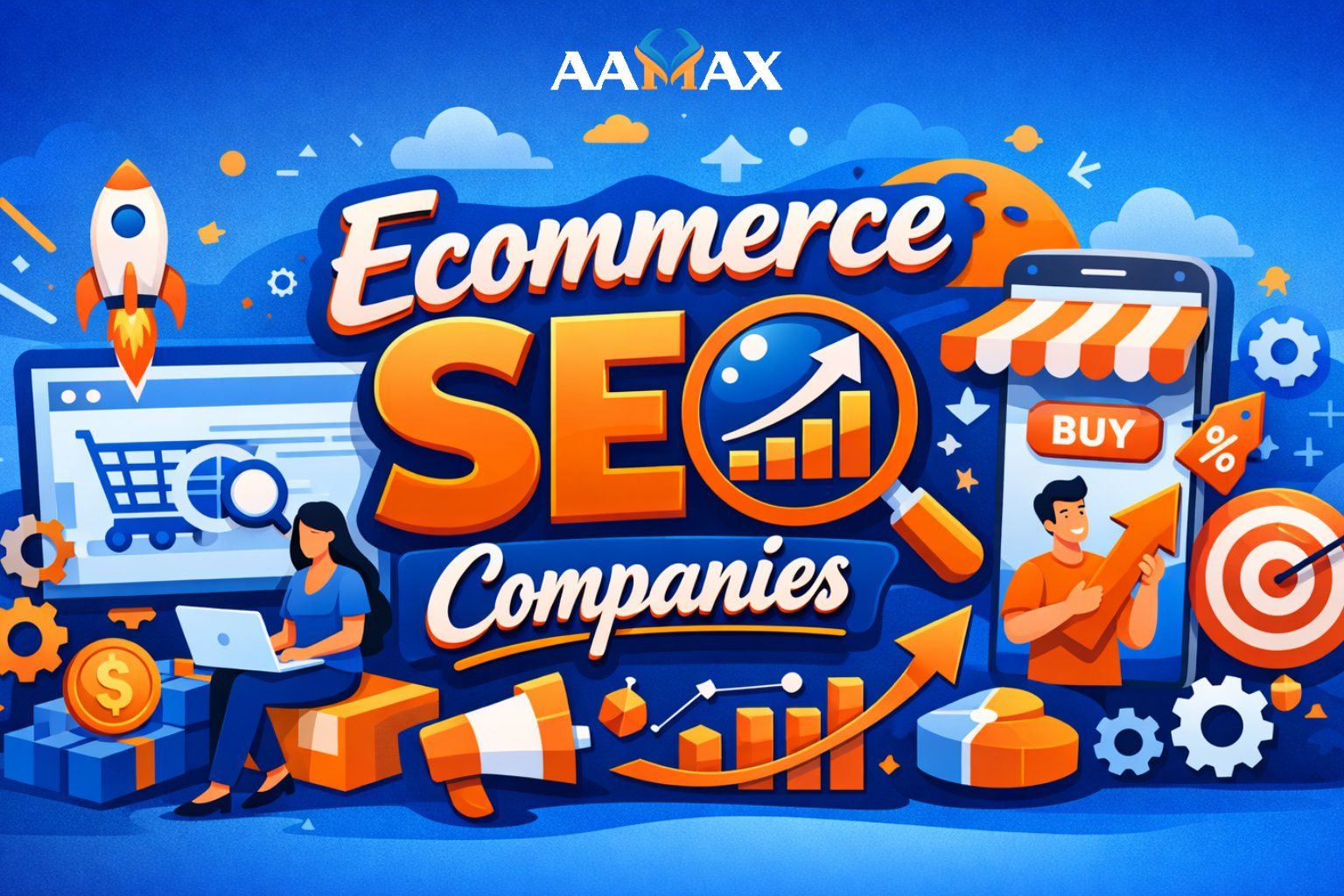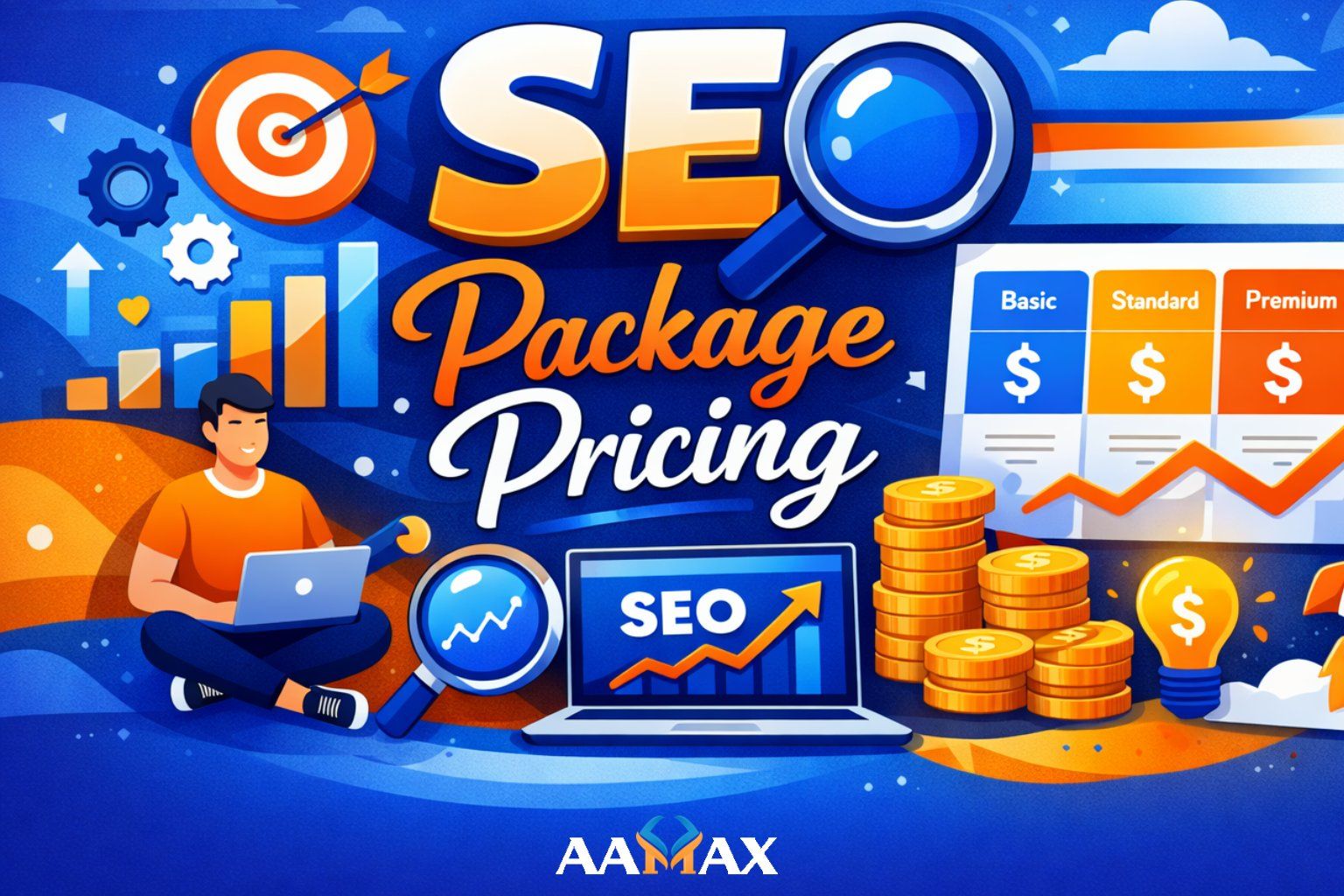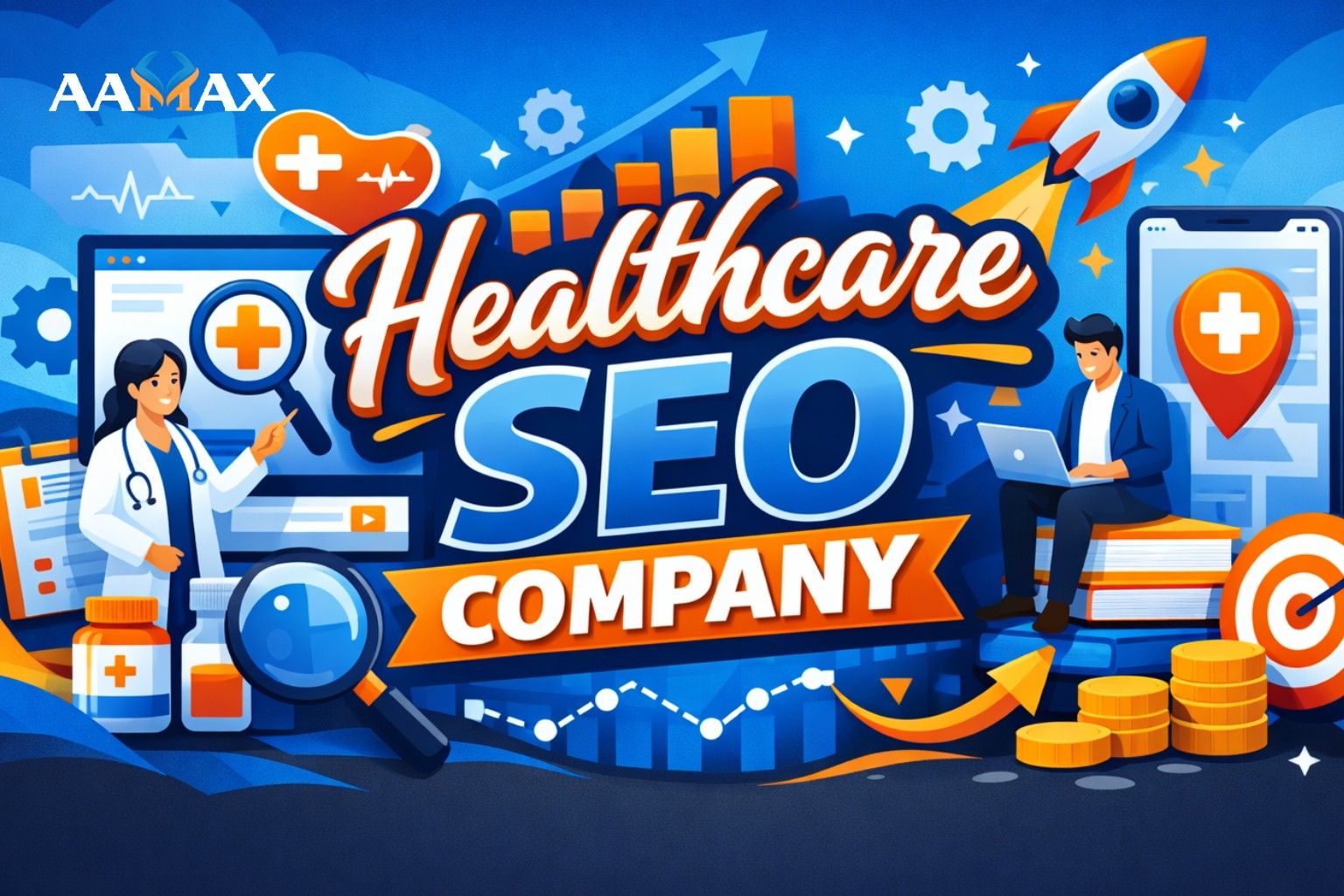
Top 20 Database Management Software in 2026
Database Management Software (DBMS) has become an indispensable part of any modern business. Whether you're running a startup or managing an enterprise-level application, choosing the right database system can significantly affect your application performance, data integrity, and development speed. In this article, we explore the Top 20 Database Management Software options available in 2026, each offering unique strengths tailored to various needs.
What is Database Management Software?
A Database Management Software (DBMS) is a system that enables users to define, create, maintain, and control access to databases. It provides tools for:
- Data storage and retrieval
- Transaction processing
- Security and user access management
- Backup and recovery
There are different types of DBMS: Relational (RDBMS), NoSQL, NewSQL, and cloud-native systems, each suited to specific business use cases.
1. Oracle Database
Type: RDBMS
Best for: Enterprises with high-volume transactional applications
Oracle Database is known for its high performance, scalability, and advanced security features. It supports complex analytics and in-memory data processing, making it ideal for financial institutions, large corporations, and governments.
Pros:
- Highly secure and reliable
- Robust disaster recovery
- Multitenancy and pluggable databases
Cons:
- Expensive licensing
- Steeper learning curve
2. MySQL
Type: RDBMS
Best for: Web applications, startups, small businesses
Owned by Oracle, MySQL remains one of the most popular open-source relational databases. It’s widely used for web development and supports a large community of developers.
Pros:
- Free and open-source version
- Great community support
- Easy integration with PHP and Apache
Cons:
- Limited for complex analytics
- Lacks some advanced features compared to Oracle
3. PostgreSQL
Type: Object-Relational DBMS
Best for: Businesses needing extensibility and compliance
PostgreSQL is a powerful, open-source object-relational database with support for advanced data types and performance optimization.
Pros:
- ACID-compliant
- JSON support for semi-structured data
- Extensible architecture
Cons:
- Slower performance with large-scale OLTP systems
4. Microsoft SQL Server
Type: RDBMS
Best for: Windows-centric enterprises
SQL Server is a mature, feature-rich platform tightly integrated with Microsoft tools such as .NET and Azure. It includes strong analytics and reporting features.
Pros:
- Excellent integration with Microsoft ecosystem
- Business intelligence tools (SSIS, SSRS)
- Advanced security features
Cons:
- Windows-focused, although Linux support exists
- Licensing cost can be high
5. MongoDB
Type: NoSQL (Document-oriented)
Best for: Agile development and dynamic schemas
MongoDB stores data in flexible, JSON-like documents. It’s ideal for developers building apps with unstructured or rapidly changing data models.
Pros:
- Schema-less design
- High performance and scalability
- Rich query language
Cons:
- Not ideal for highly relational data
- Consistency trade-offs in sharded clusters
6. Redis
Type: NoSQL (Key-Value Store)
Best for: Caching, session storage, and real-time analytics
Redis is an in-memory database known for sub-millisecond latency. It’s commonly used as a caching layer or message broker.
Pros:
- Blazing-fast performance
- Simple key-value data model
- Pub/Sub and Lua scripting support
Cons:
- Limited persistence options
- Not suited for complex queries
7. SQLite
Type: Embedded RDBMS
Best for: Mobile applications, embedded systems
SQLite is a self-contained, serverless database used widely in mobile apps and devices. It’s light, fast, and doesn't require a separate server process.
Pros:
- Zero-configuration
- Very lightweight
- ACID-compliant
Cons:
- Limited concurrency
- Not suitable for high-volume enterprise use
8. Cassandra
Type: NoSQL (Wide Column Store)
Best for: Large-scale distributed systems
Developed by Facebook, Apache Cassandra is designed for handling large volumes of data across many commodity servers with no single point of failure.
Pros:
- High availability and fault-tolerant
- Excellent for write-heavy workloads
- Linear scalability
Cons:
- Complex to set up and tune
- Limited support for ad-hoc querying
9. MariaDB
Type: RDBMS
Best for: Enterprises seeking open-source MySQL alternatives
MariaDB is a fork of MySQL led by the original developers. It is fully compatible with MySQL and adds additional enterprise features.
Pros:
- Open-source with advanced features
- Compatible with MySQL
- Better performance in some scenarios
Cons:
- Smaller community compared to MySQL
10. IBM Db2
Type: RDBMS
Best for: Enterprises and legacy systems
IBM Db2 is known for its reliability and integration with IBM’s ecosystem. It supports AI-infused data processing and advanced optimization.
Pros:
- High reliability and robustness
- Strong support for large enterprises
- AI and ML capabilities built-in
Cons:
- Expensive and complex to manage
- Less adoption outside enterprise
11. Firebase Realtime Database
Type: NoSQL (Realtime Database)
Best for: Real-time applications like chat apps
Firebase is a cloud-hosted NoSQL database that lets you store and sync data between users in real-time.
Pros:
- Real-time sync
- Backend-as-a-Service features
- Ideal for mobile/web apps
Cons:
- Limited querying capabilities
- Data modeling can be challenging
12. Amazon Aurora
Type: Cloud RDBMS
Best for: Cloud-native applications on AWS
Amazon Aurora is a high-performance managed RDBMS compatible with MySQL and PostgreSQL.
Pros:
- Fully managed on AWS
- 5x faster than MySQL
- High availability
Cons:
- AWS lock-in
- Higher pricing for small teams
13. Neo4j
Type: NoSQL (Graph Database)
Best for: Applications requiring complex relationship data
Neo4j excels in scenarios like fraud detection, social networks, and recommendation engines.
Pros:
- Intuitive graph data modeling
- Powerful Cypher query language
- Excellent for relationship-heavy data
Cons:
- Smaller community
- May be overkill for simple data models
14. Elasticsearch
Type: Search Engine / NoSQL
Best for: Full-text search and log analytics
Elasticsearch is built on Lucene and is used for fast search, log monitoring, and analytics.
Pros:
- Full-text search
- High speed for complex queries
- Horizontal scalability
Cons:
- Data consistency not guaranteed
- High resource usage
15. CockroachDB
Type: NewSQL
Best for: Distributed applications needing SQL compliance
CockroachDB is designed for distributed systems and aims to provide the reliability of NoSQL with the consistency of SQL.
Pros:
- Horizontal scalability
- ACID transactions
- Compatible with PostgreSQL
Cons:
- Complex to operate at scale
- Smaller ecosystem
16. DynamoDB
Type: NoSQL (Key-Value & Document)
Best for: Serverless applications on AWS
Amazon DynamoDB is a fully managed NoSQL database offering high-speed, low-latency performance.
Pros:
- Serverless and auto-scaling
- Millisecond response time
- Integrated with AWS Lambda
Cons:
- Limited query flexibility
- Expensive for large-scale reads
17. Snowflake
Type: Cloud Data Warehouse
Best for: Data analytics and BI
Snowflake is a cloud-native data warehouse optimized for analytical workloads with separation of compute and storage.
Pros:
- Elastic scalability
- Great for BI and analytics
- Multi-cloud support
Cons:
- Not suited for transactional workloads
- Learning curve for new users
18. InfluxDB
Type: Time Series DB
Best for: Monitoring, IoT, real-time analytics
InfluxDB is purpose-built for time series data such as performance metrics and event logs.
Pros:
- High write throughput
- Time-based querying
- Ideal for IoT and DevOps
Cons:
- Narrow focus (time series only)
- No built-in user authentication (in open source version)
19. TimescaleDB
Type: Time Series DB built on PostgreSQL
Best for: Time series with relational needs
Combining the flexibility of SQL with performance for time-series data, TimescaleDB is ideal for developers who prefer PostgreSQL.
Pros:
- SQL-powered
- Easy integration with existing PostgreSQL tools
- Powerful for analytics
Cons:
- Requires tuning for high scale
- Not yet as mature as others
20. RethinkDB
Type: NoSQL (JSON Document Store)
Best for: Real-time applications
RethinkDB enables real-time push updates and is designed for collaborative and dynamic apps.
Pros:
- Real-time updates
- Easy-to-use query language
- JSON document model
Cons:
- Limited ongoing development
- Smaller user base
Choosing the Right DBMS
When selecting a database system, consider:
- Scalability needs
- Data structure (relational vs. document-based vs. key-value)
- Integration with existing tech stack
- Community support
- Licensing and cost
Partner With Experts: Hire AAMAX for Web Development
Building an application with the right database is only part of the challenge. Designing, optimizing, and integrating it into a fast, secure, and scalable web application requires expert developers.
That’s where AAMAX comes in.
AAMAX is a full-service digital marketing and development company offering:
- Web Development (custom, CMS, eCommerce)
- Digital Marketing
- SEO Services
Whether you're building a robust enterprise app or launching a startup MVP, AAMAX can help you select the right DBMS and implement it efficiently.
Final Thoughts
The database landscape in 2026 is rich and diverse. From traditional relational systems to cutting-edge cloud and NoSQL platforms, the right choice depends on your project’s unique needs.
Evaluate your use case, scalability requirements, and budget — and consider working with a reliable partner like AAMAX to ensure you build with the best tools from the ground up.







